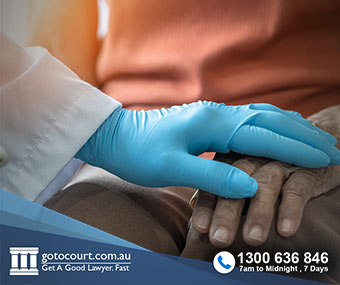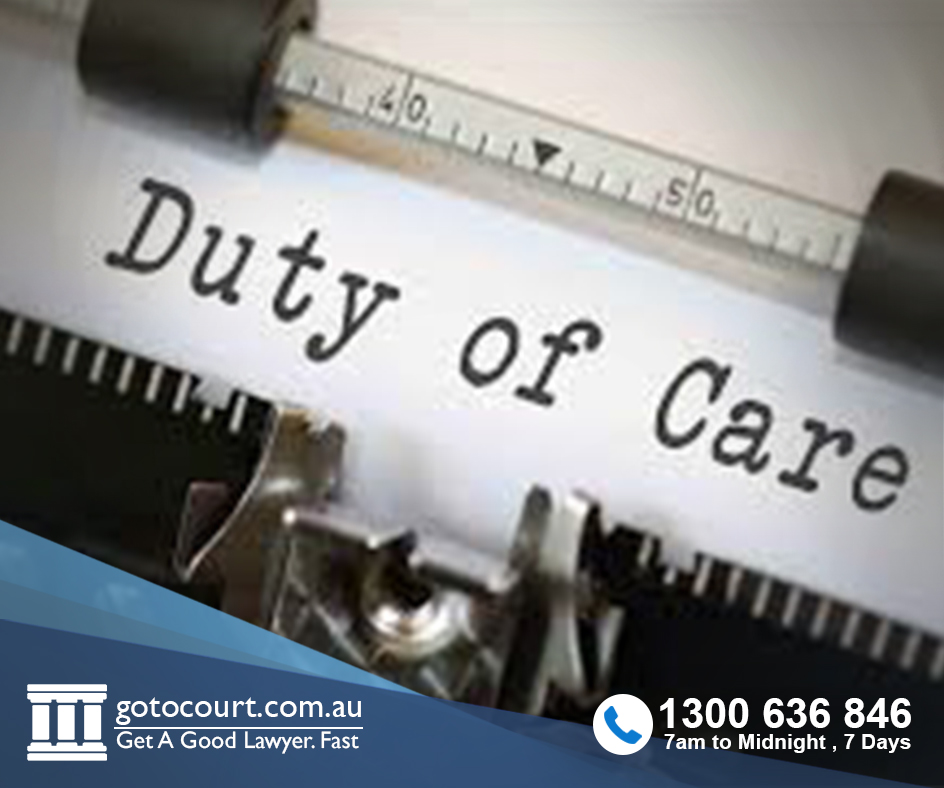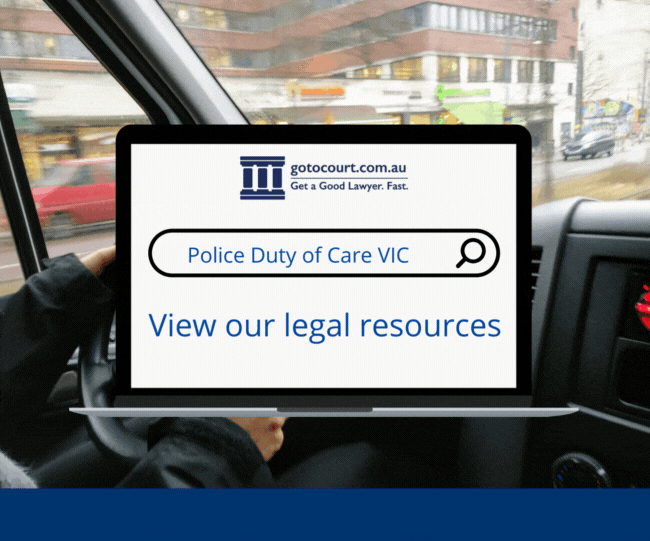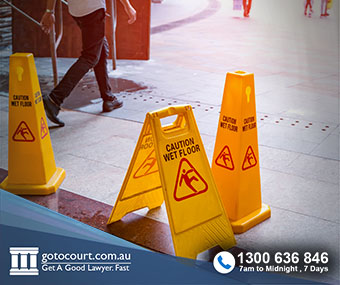Call our lawyers
now
or,
have our lawyers
call you
Medical Negligence (ACT)
Updated on Nov 15, 2022 • 5 min read • 262 views • Copy Link
Medical Negligence (ACT)
Healthcare professionals owe their patients a duty of care, to provide the standard of care of any reasonable medical professional. In other words, the medical practitioner must carry out their work to an industry standard. Most healthcare professionals practice competently and diligently. However, mistakes do happen, and sometimes these mistakes are negligent. If the healthcare professional’s negligent act causes harm or injury, the patient is usually entitled to compensation. In the Australian Capital Territory (ACT), the common law principles around negligence are incorporated into the Civil Law (Wrongs) Act 2002. Below is further information about medical negligence claims in the ACT.
Eligibility to make a medical negligence claim in the ACT
In order for a claimant to have a successful claim in medical negligence, they have to prove that:
- The healthcare professional had a duty of care to them;
- The healthcare professional’s conduct was negligent; and
- This negligence was the cause of their loss, damage or injury.
Medical duty of care in the ACT
Some professionals have a duty of care towards their clients, patrons or patients. All healthcare professionals owe a legal duty of care to their patients because of their specialist knowledge and the vulnerability of patients. However, it is important to understand that the success or failure of treatment does not determine whether medical negligence has occurred. A healthcare professional can act with a full duty of care, and the treatment can still fail. They are also not expected to be infallible. What is expected of medical professionals is that they will take steps to avoid harm that is foreseeable and not insignificant. The test is whether a professional of the same training and seniority would have acted in the same manner.
While medical negligence is fairly uncommon, when it happens, it can have a terrible impact on a patient’s quality of life. People have been left permanently disfigured, disabled, and in pain, with ongoing mental, physical and financial problems. In very unfortunate cases, a patient can lose their lives to medical negligence. Examples of medical negligence include:
- Delay in diagnosis or misdiagnosis;
- Delay or failure to provide appropriate treatment or referral;
- Performing surgery at a less-than-professional standard of skill; and
- Failure to correctly convey test results.
Because of the technical elements involved in medical negligence, the law is complex and requires expert medical opinions and extensive research. Typically, a medical negligence case will settle prior to an actual court hearing, but when a matter does escalate to a trial, the experts submit competing testimony, and the court decides which opinion holds more weight.
Medical consent
One of the central issues in a medical negligence case is whether the patient gave informed consent to the treatment, with a full understanding of the risks involved in the course of treatment. Medical professionals often try to limit their legal liability by asking their patients to sign waivers prior to treatment. A patient who signs a waiver might worry that this limits their ability to make a medical negligence claim. On the contrary, courts have historically found little relevance in these documents in cases of healthcare negligence.
Compensation
A claim in medical negligence can provide compensation for medical bills, professional carer costs, and the patient’s lost earning potential, as well as pain and suffering. The goal of compensation is to try and place the claimant back in the position they occupied prior to the negligent act. If a claimant is no longer capable of working in their previous position, they can usually make a Total and Permanent Disability claim under their personal insurance and/or superannuation policies. In the event that a patient dies because of medical negligence, their immediate family can make a claim for financial compensation.
Time limits
The Limitations Act 1985 sets out the time limits that apply to medical negligence claims in the ACT. As a rule, a patient must bring a medical negligence claim within three years of the date of injury. For disorders and diseases that do not present symptoms immediately, the claimant has three years from the date that they became aware of the injury and the cause. Outside of this deadline, a claimant is generally unable to bring a claim, so it is important to act swiftly to get legal advice and start a claim. In the ACT, there is an additional requirement that the plaintiff must give written notice to the defendant that they intend to start proceedings. The time limit to provide this notice depends on several factors, including when the respondent was identified, and the date that the claimant first engaged the services of a lawyer to pursue a claim.
You should speak to Go To Court Lawyers before making a decision about pursuing a claim in medical negligence. Our ACT civil law team is available to provide legal advice on this or any other topic. Contact our experienced solicitors on 1300 636 846 for any legal assistance.

Affordable Lawyers
Our Go To Court Lawyers will assist you in all areas of law. We specialise in providing legal advice urgently – at the time when you need it most. If you need a lawyer right now, today, we can help you – no matter where you are in Australia.How It Works







1. You speak directly to a lawyer
When you call the Go To Court Legal Hotline, you will be connected directly to a lawyer, every time.


2. Get your legal situation assessed
We determine the best way forward in your legal matter, free of charge. If you want to go ahead and book a face-to-face appointment, we will connect you with a specialist in your local area.


3. We arrange everything as needed
If you want to go ahead and book a fact-to-face appointment, we will connect you with a specialist in your local area no matter where you are and even at very short notice.



















